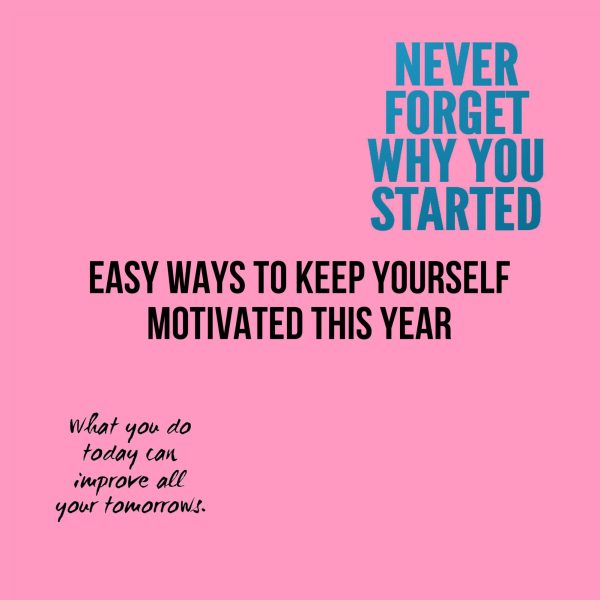Why are you tired all the time?
Do you ever feel like you’re tired all the time without a reason? This may be due to some things you do every day that unwittingly cause you harm.
The following is a list of some reasons you might be tired all the time:
1 lack of sleep
Did you know that people ages 18 and over need seven or more hours of sleep every night to stay their best? According to The American Academy of Sleep Medicine and the Sleep Research Society, getting under the recommended hours of sleep each night is not only associated with fatigue, impaired performance, and a greater risk of accidents, but it also has adverse health outcomes. These include obesity, high blood pressure, depression, heart disease, stroke, and an increased risk of death.
If you have trouble sleeping your full 8 hours here are somethings that might help.
- Maintain a consistent sleep routine.
- Avoid naps.
- Limit time awake in bed to 5–10 minutes.
- Ensure that your bedroom is quiet, dark, and a comfortable temperature.
- Limit caffeinated drinks
- Avoid tobacco and alcohol before bed.
If you try all these sleeping habits and still find yourself awake at night, it might be a good idea to contact your healthcare provider and discuss whether you have a sleep-related medical problem such as insomnia, obstructive sleep apnea, or restless legs syndrome.
2 Poor diet
To banish tiredness, make adjustments to your diet. Eating a healthful and balanced diet can make you feel a lot different.
To improve your health and get all the nutrients you need, it is important to choose a healthful mix of food from the five food groups: fruits, vegetables, grains, protein, and dairy.
You can switch up your eating style today by making small changes:
- Eat the right amount of calories for your sex, age, weight, and activity level.
- Fill half of your plate with fruits and vegetables.
- Ensure whole grains make up half the grains you consume.
- Shift to low-fat and fat-free dairy
- Vary your protein routine.
- Cut down on sugar.
- Never skip breakfast.
- Eat at regular intervals.
- Drink enough water.
Doing some of these small changes might help you sleep better and help your body relax more at night.
3 extreme stress
A little stress can be healthy and may actually make us more alert and able to perform better in tasks such as family gatherings, but stress is only a positive thing if it is short-lived. Prolonged stress can cause physical and emotional exhaustion and lead to illness. In times such as an office environment where you can’t run away or fight, the chemicals that your body has produced to protect you can’t be used up and, over time, can damage your health.
Stress is everywhere, but try some of the following even if your now tired and your stress may go away.
- Keep a stress journal
- Identify the source of stress.
- Avoid those who stress you out.
- Accept the things you are unable to change.
- Learn to forgive.
If you are feeling stress build-up, go for a walk, take your dog out, or even put on some music and dance around the room. Stress is not a friend you want around forever.
Sleep is one of the most important things in our everyday life, so the next time you can’t sleep, try thinking of these few things. If they don’t work, contact your doctor. You could have a serious medical condition.
Sleep helps us be the best we can be. The next time you feel tired find the root of the problem and try to get rid of it.

My name is Kimberly Smith, and I am a senior here at Greater Nanticoke Area High School. This is my third year writing for The GNA Insider. I moved from...







